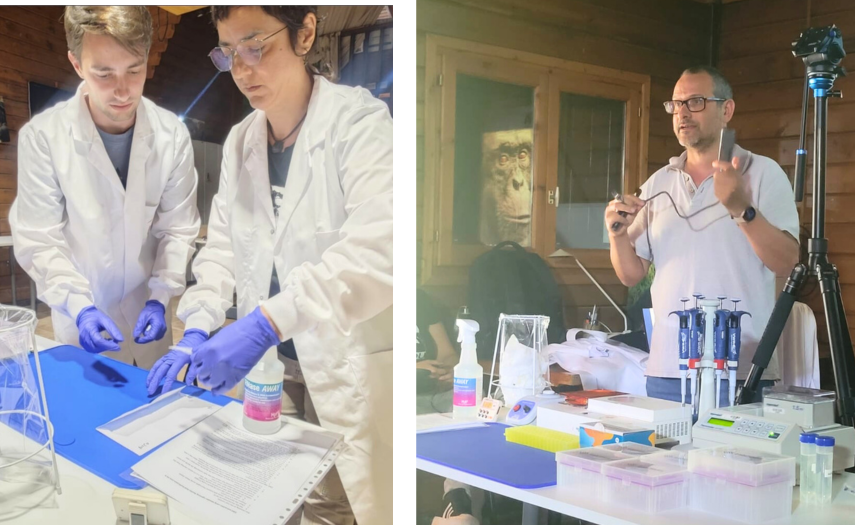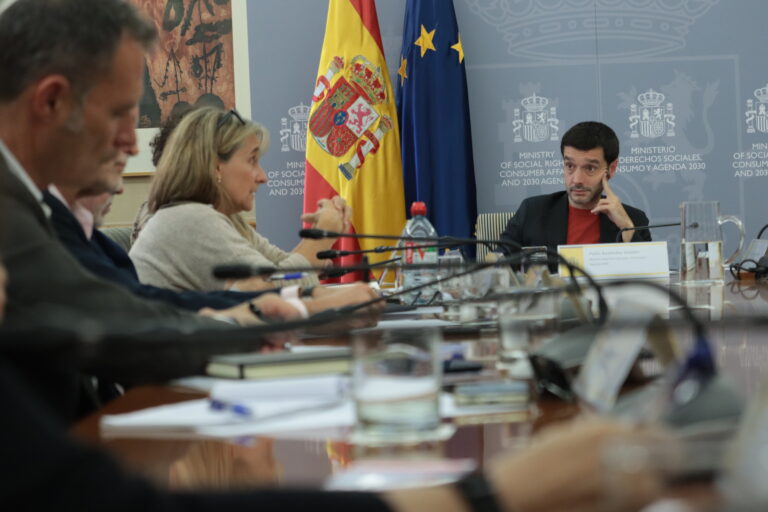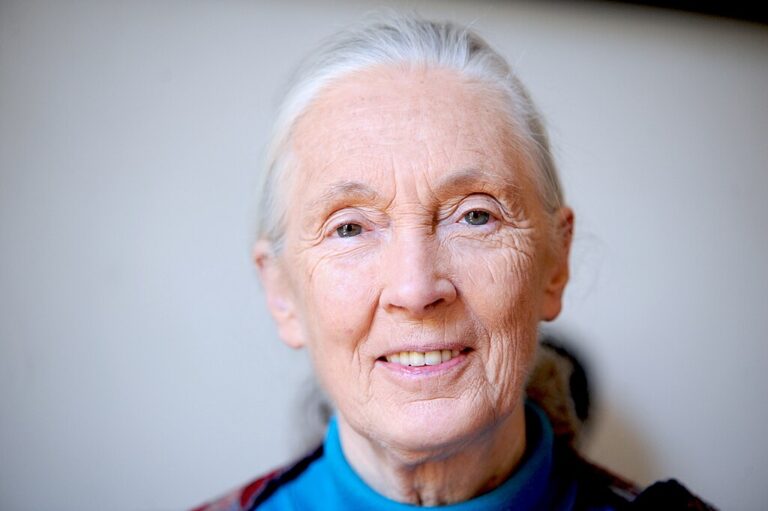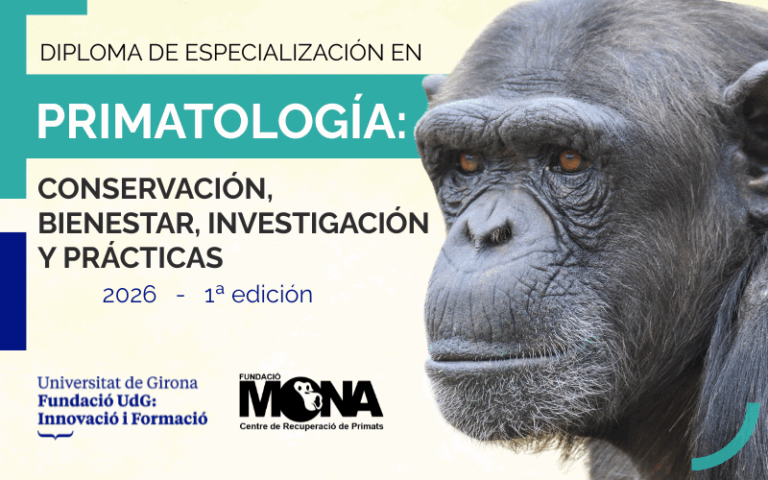A groundbreaking genetic tool to combat the illegal trafficking of chimpanzees is being tested for the first time worldwide at MONA
It is a project led by UPF in collaboration with PASA (Pan African Sanctuary Alliance) and UN-GRASP (Great Ape Survival Partnership), with the support of the organization Revive & Restore. The first field trial of this pioneering genetic tool, designed to combat the illegal trafficking of chimpanzees, has now been carried out at the MONA Foundation.
Published: 06.08.2025UPF Leads International Project to Revolutionize Chimpanzee Trafficking Detection with New Genetic Test
For the first time, researchers from UPF and IBE have tested, outside the laboratory, a tool capable of identifying the geographic origin of chimpanzees confiscated from illegal trafficking networks, using their DNA. This pilot trial is part of an international project led by Pompeu Fabra University in collaboration with the Pan African Sanctuary Alliance and the Great Ape Survival Partnership, with funding from the international organization Revive & Restore. The project, headed by Tomàs Marquès-Bonet, ICREA researcher and professor in the Department of Medicine and Life Sciences (MELIS) at UPF and director of the Comparative Genomics Group at the Institute of Evolutionary Biology (UPF-CSIC), was trialed for the first time in the world at the MONA Foundation, which provided samples for the study and hosted the on-site technology testing.
The tool is built around a genetic atlas compiled over 20 years from fecal samples of wild chimpanzees, enabling highly accurate determination of the geographic origin of confiscated chimpanzees when their genetic data is cross-referenced.
Moreover, this “pocket-sized” device is small, easy to use —it connects to any computer via a USB port— and delivers results within a few hours with precision up to 100 km. This will allow African rescue centers receiving confiscated infants to quickly identify the regions where traffickers operate. With this information, national and international organizations can allocate anti-poaching resources much more efficiently —optimizing teams, patrols, and personnel— and thereby better protect chimpanzees, a species in critical danger of extinction.
The First Real-World Trial
Back in 2019, researchers from UPF and IBE examined data from several primates rescued and rehabilitated at the MONA Foundation. Their findings revealed that some animals carried falsified or misleading documentation —sometimes belonging to entirely different individuals— that did not reflect their true place of origin. This discovery sheds light on the deceptive practices commonly used by trafficking networks and underscores the critical importance of having independent, science-based tools capable of providing robust, verifiable evidence in both legal and diplomatic arenas.
This is the small device known as the MinION, capable of analyzing chimpanzee DNA samples.
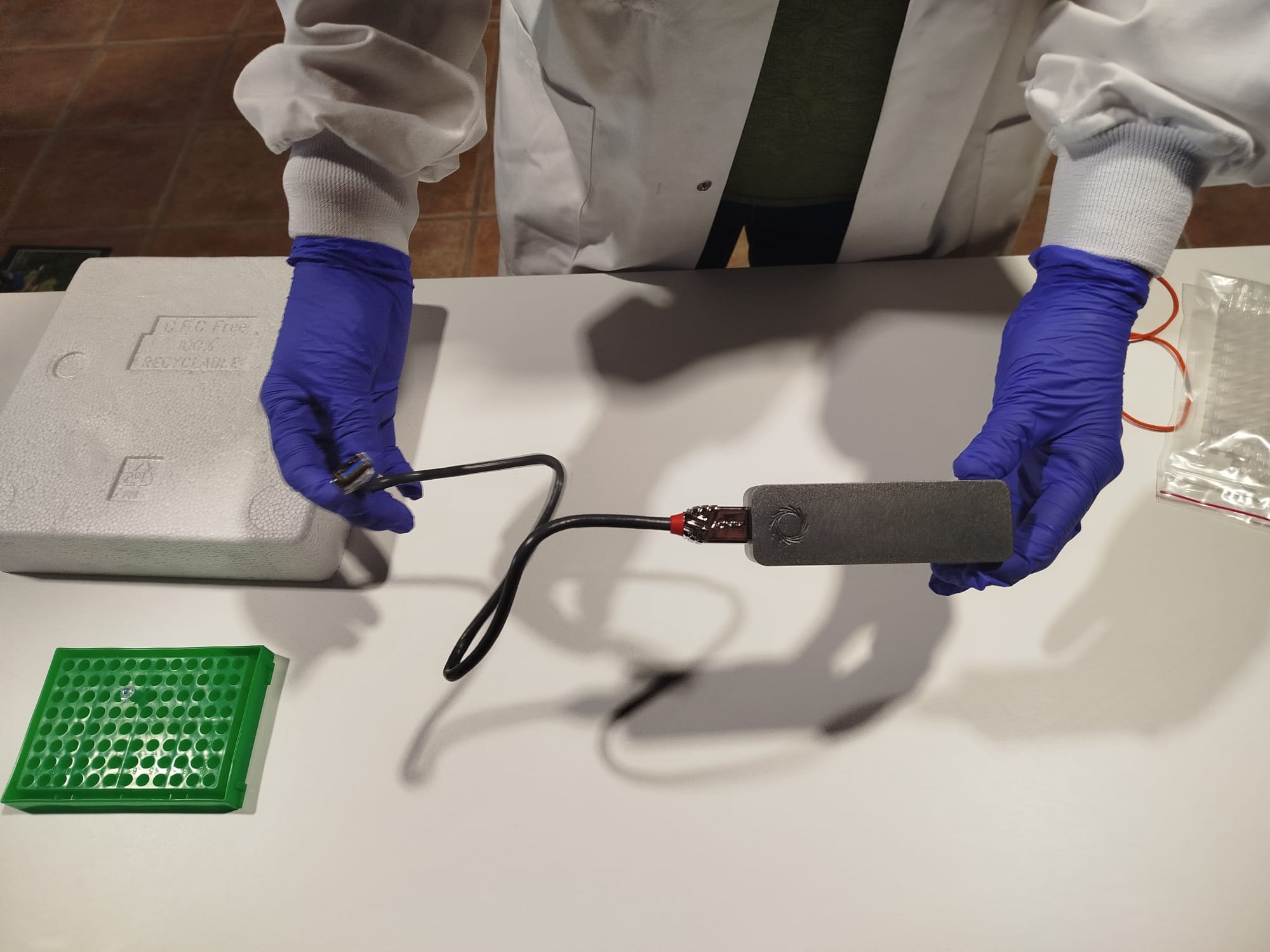
“The tool we have developed will make it possible to precisely identify the areas where poaching and illegal wildlife trafficking networks operate”, explains Tomàs Marquès-Bonet. The researcher, who has just been awarded the Ramón y Cajal Medal 2025 by the Real Academia de las Ciencias for his career in primate genomics, adds: “This is a crucial step towards ensuring the conservation and protection of biodiversity, backed by rigorous and verifiable data.”



